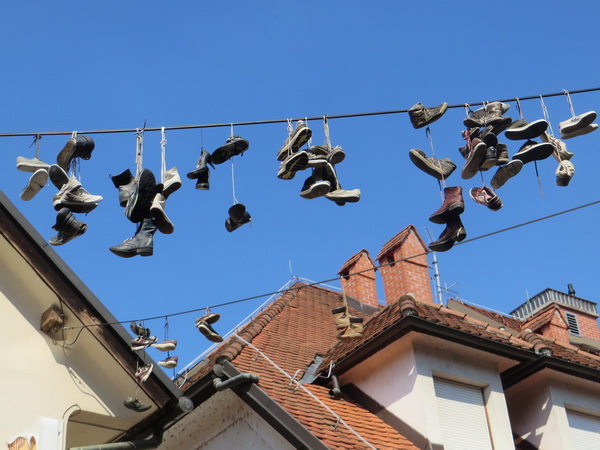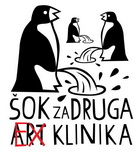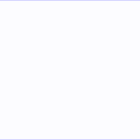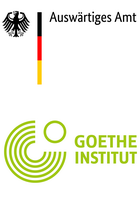Belt-tightening for the Slovenian independent artist scene

Some of the key organizations from the Slovenian independent scene in the field of performing arts were left without financial support from the Ministry of Culture of Slovenia in the recent program competition for the next four years, which caused stormy reactions on the domestic, but also on the regional and international scene, whose representatives these days are sending the authorities tons of protest letters. The Ministry of Culture transferred the responsibility to the expert committee, stating that there are other competitions where it is possible to receive co-financing funds.
It is the competition for the selection of public cultural programs in the field of music, intermediate, performing and visual arts in the period 2022-2025, at which organizations with a long tradition and significant references were left without support - Maska, Mesto žensk, Emanat, Delak, Nomad Dance Academy Slovenia and Gledališče Glej. Although they received good marks from the committee, funds were only available for the programs of eight organizations (Moment, Pekinpah, Bunker, Via Negativa, Flota, Španski borci, Mini teater and Plesni teater Ljubljana), which is the consequence - according to the majority of reactions - of the targeted reducing of the space for the non-governmental sector in culture, which was cut in half during the last rebalancing of the state budget.
According to Maska, the denial of support will have consequences not only for the Slovenian, but also for the international cultural scene, since we are talking about organizations that are among the most important creators of new productions and formats. The non-allocation of funds can therefore be understood, as stated by Maska in a public letter, as a strategy to reduce the space for the development of professional non-governmental organizations in the long term, and as a continuation of the Ministry of Culture's efforts to degrade and destabilize that sector, which, on the other hand, has always been one of the most lively and progressive parts of contemporary art.

Collectiv Maska (Tina Dobnik, Alja Lobnik, Urška Comino, Pia Brezavšček, Nataša Božič, Aleš Mendiževec i Rok Bozobičar), photo: Asiana Jurca Avci
Most of the rejected organizations, as it turned out, have in common that four of them sued the Ministry of Culture when they were previously excluded from program funding, so a court decision ordered that their applications must be reconsidered. Based on the committee's new assessment, Maska and Emanat received co-financing in this way. All the organizations that sued the Ministry were, however, again left without support this year.
“Non-funding becomes a means of punishing and censoring expression and creation”, stated Maska, adding that the rejected organizations also have in common that they are socially and politically engaged in relation to all previous governments, and their practices often imply a review of format and content, an experiment and an encounter with the unknown. “It can be said that this is a deliberate destruction of a group of organizations that are always pushing the boundaries. It is a move of a narrow-minded and conservative cultural policy, a policy of revanchism”, said Maska, recalling its rich history.
“In our activities, we have never agreed to a narrow definition of art, but have expanded and redefined the notion of stage and performing arts. 101 years ago the first volume of magazine Maska was announced, the first in Europe dedicated to the performing arts. The Institute Maska was founded in 1993, taking over the publishing of the magazine, but also expanding its activities to literary, artistic and educational programs”, i.e. to the interdisciplinary production of knowledge. Since the establishment of the Institute, Maska's mission has been the affirmation of a critical approach in contemporary artistic and theoretical practices.
According to Maska, the programmatic and financial reckless destruction of the non-governmental sector, and the absence of a vision for the further development of cultural and artistic production as a whole, represents the core of the problems of all non-governmental actors, both rejected and supported in the competition for co-financing. She is therefore convinced that it is only possible to break the stale cultural hegemony through a joint struggle.
Gledališče Glej reacted similarly, the oldest independent theater company in Slovenia, warning that the results of the competition are at risk for more than a hundred artists and professional associates that it brings together. The denial of support hit them all the more since the last two seasons were spent canceling performances and drastically reducing capacity due to measures for the prevention of the spread of the Coronavirus.
Mesto žensk was also left without the support of the Ministry of Culture, which is one of the first organizations in Slovenia focused on feminism and gender equality in culture and art, and is internationally known for the festival of the same name in Ljubljana, in which thousands of local and international artists and collectives from all fields of art productions have participated since the mid-90s.
The Association, which brings together organizations from the Slovenian independent cultural scene and independent artists, also reacted to the results of the program call of the Ministry of Culture for 2022-2025, recalling that back in 2018, after the results of the competition at that time, it pointed out a number of shortcomings, but the Ministry of Culture abolished the mechanism by which it was possible to clarify disputes before the final decision. Thus, the only thing left for the unselected participants of the competition was to address the court.
Pointing to the drastic reduction of funds for the non-governmental sector in culture during the last rebalancing of the state budget, the Association highlighted the problem of proportionality and distribution of funds, i.e. the selective development orientation of certain areas of creativity.
A large number of other organizations, artists and cultural workers, expressed their support for the organizations that were rejected in the program competition, stressing that the Slovenian contemporary art scene is unthinkable without them and their programs.
Except in the field of performing arts, some well-known actors in other fields were also left without support, including the Laibach group, which announced that it did not expect much from the Ministry of Culture. The group mentioned that on two occasions the Ministry of Culture did not pay them the funds that had been formally allocated to them during the mandate of the previous ministers.
Ministry of Culture rejected the accusations of non-governmental organizations as unfounded, stating that the funds in the competition for the selection of public cultural programs in the field of art for the period 2022-2025 had been received by the best rated projects. The Ministry also stated that the competition for program funding was not the only one to which NGOs could apply. It also rejected claims that those organizations that were critical to the government had been rejected. The conditions and criteria, on the basis of which the expert committees evaluated the applications, "do not in any way relate to the views of the world" of the applicants and their programs, stated the Ministry.
(SEEcult.org)
Funded by the International Relief Fund for Organisations in Culture and Education 2021 of the German Federal Foreign Office, the Goethe-Institut and other partners, goethe.de/relieffund














